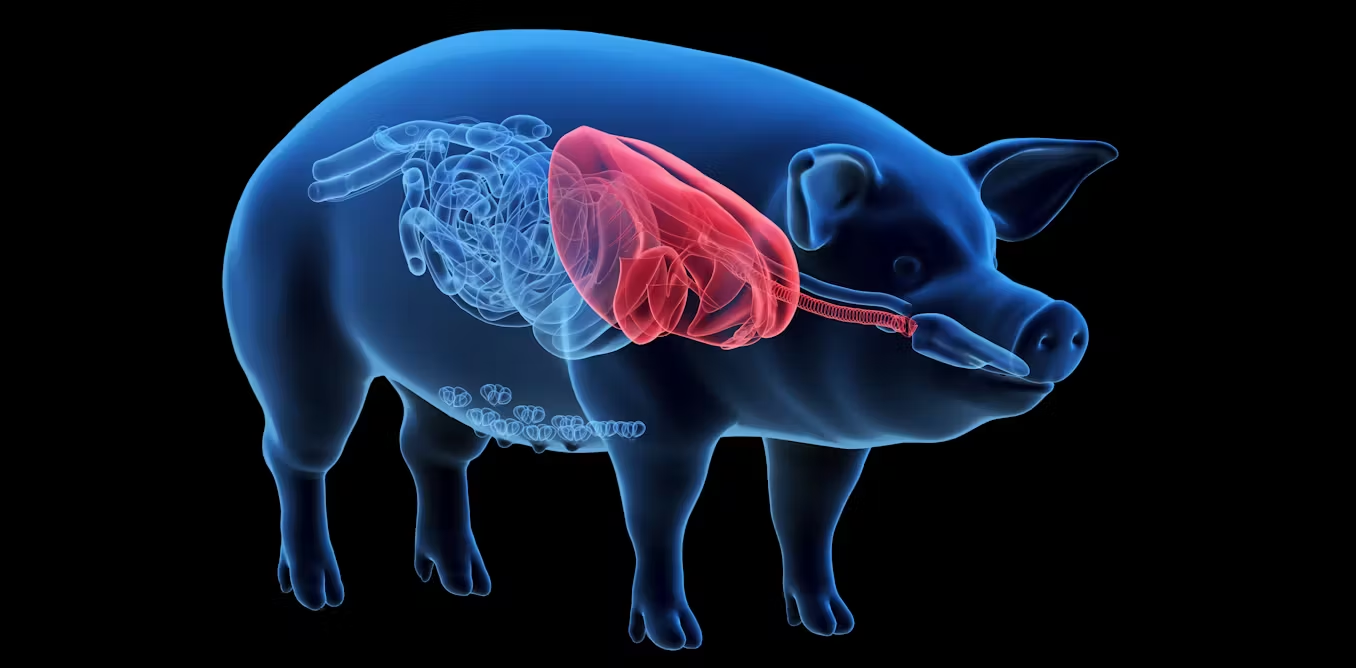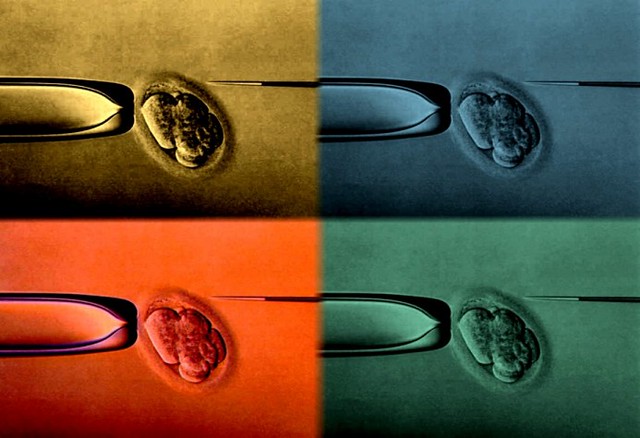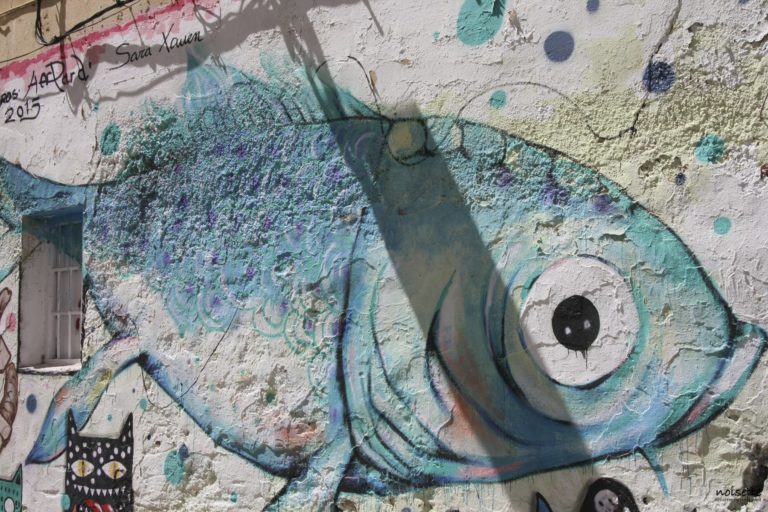
Xenotransplantation: and the pig?
Xenotransplantation in humans is the subject of one announcement after another. This involves transplanting an organ or tissue from a genetically modified animal into a human, to alleviate the shortage of human organs. The “new genomic techniques” are used to genetically modify donor animals. Does the use of these techniques raise new questions of animal ethics?

The European Patent Office outlines a fragile ethical frontier
In September 2024, the European Patent Office (EPO) refused a patent for human-pig chimeras on the basis of the ethical rules governing patentability in biotechnology. By invoking the protection of “human dignity”, the EPO is drawing a sometimes fluctuating line between innovation and respect for fundamental values. This decision sets a – perhaps fragile – precedent for inventions affecting human identity, and highlights the complexity of an ethical framework in the era of unbridled biotechnology.

The European Commission’s legal initiatives on the Living
In less than a year and a half, from May 3, 2022 to October 12, 2023, the previous European Commission has launched a number of legislative initiatives concerning the Living. The deregulation of GMOs, the digitization of living organisms and even patents are just some of the issues on the table of member states and the European Parliament. If adopted, these projects will make it easier for companies with substantial financial, human and technical resources to take ownership of the Living. These initiatives do echo current international negotiations.

Making salmon sterile… and able to reproduce
In Norway, the Institute of Marine Research (IMR)i has filed a trial application, in 2023, for genetically modified salmon (VIRGIN® salmon). These salmon, bred in cages in the open sea, would be sterile to prevent them from interbreeding with wild populations in the event of accidental dissemination. The Norwegian Environment Agency asked the Norwegian Scientific Committee for Food and the Environment (VKM) to assess the associated environmental risks. VKM’s opinion was highly critical, stating that there was insufficient evidence to consider the trial safeii. In April 2024, after having considered new data, VKM reiterated its negative opinion on this GM salmon trial.

GMO mosquitoes: Oxitec comes back to Panama

Oxitec: after mosquitoes, GMO ticks

GMO mosquitoes: malaria spurs research

Brazil: GMO insects to the rescue of Bt corn
Journal
GMOs : when mammoths are Trojan horses
Journal
GMOs : a further step in the loss of autonomy for farmers
Journal
GMOs : ambiguity of the animal breeding industry
Journal

